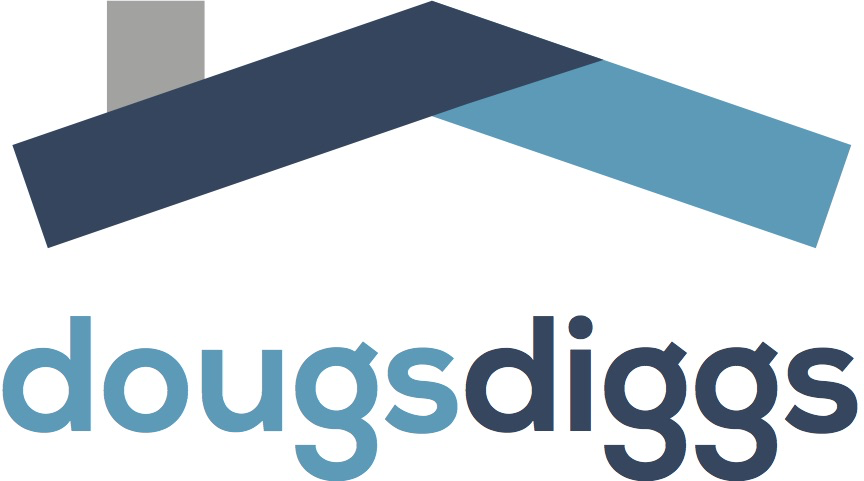U.S. Real Estate Predictions for 2020 Suggest More of the Same, Mostly
U.S. Real Estate Predictions for 2020 Suggest More of the Same, Mostly
By Brandon Cornett | November 5, 2019 | © HBI
Key highlights from this report:
- Freddie Mac issued a new round of real estate market predictions in October.
- Their analysts expect the U.S. housing market to stay on “solid ground” in 2020.
- Home sales could increase slightly next year as well.
- Inventory challenges will remain, especially among entry-level homes.
With the end of the year only weeks away, the real estate market predictions for 2020 are rolling in. The latest comes from the economic research team at Freddie Mac, the government-sponsored buyer of mortgage loans.
New Predictions for the U.S. Real Estate Market in 2020
According to Freddie Mac’s latest set of predictions, issued on October 31, the U.S. real estate market will “continue to firm” as home sales increase. In fact, they believe housing is currently one of the brighter spots in the U.S. economy.
Their chief economist, Sam Khater, said that despite a global economic slowdown the U.S. real estate market “remains on solid ground with housing starts, building permits, existing home sales, and new home sales all outperforming the broader economy.”
There’s a lot to unpack in this latest round of real estate market predictions. So let’s take it one piece at a time.
Home Sales Expected to Increase Slightly
The first and most notable prediction has to do with home sales in 2019 and 2020. The group issued a mostly positive outlook for residential real estate sales activity in 2020. Home sales nationwide are expected to reach 6 million by the end of this year, and then rise to 6.1 million during 2020.
This contradicts some of the previous predictions for the U.S. real estate market, which suggested that the market could actually cool down next year.
A growing chorus of voices are now predicting that real estate sales activity could actually ramp up next year, partly due to low mortgage rates (see below).
Inventory Challenges Will Carry Over to Next Year
Home sales nationwide would likely be higher right now (and in 2020) if there was more inventory available. But most real estate markets across the country are still experiencing a shortage of homes for sale relative to the demand from buyers. This has constrained the housing market.
Robert Dietz, chief economist for the National Association of Home Builders, called it a “perfect storm of supply side challenges.” He told CNBC that the residential construction industry has been grappling with a prolonged labor shortage, along with a scarcity of buildable land.
Supply is especially tight at the lower end of the pricing spectrum, where many first-time home buyers tend to shop. As a result, buyers seeking an entry-level or “starter home” in 2020 should start early and pack their patience. (See: Biggest challenges for first-time buyers.)
Mortgage Rates Could Be Slightly Higher in 2020
Real estate predictions for 2020 suggest we could see more of the same next year, in terms of home sales and price growth. A similar “status quo” forecast has been issued for mortgage rates.
In their latest round of economic and housing predictions, Freddie Mac said they don’t expect to see a major increase in rates between now and next year.
In October 2019, the company’s research team predicted that 30-year fixed-rate mortgages would end up averaging 3.7% for 2019, and then “tick up slightly” to 3.8% in 2020.
Granted, this is just a prediction. It’s the equivalent of an educated guess. But if it’s even close to being accurate, it’s a pretty big deal from a home buyer’s perspective. It removes the sense of urgency that’s usually associated with a period of very low mortgage rates.
If rates continue to hover within their current sub-4% range through the end of 2019 and into 2020, home buyers would be able to benefit for the foreseeable future.
Home Prices Expected to Keep Rising, in Most Markets
Freddie Mac’s latest real estate predictions suggest that home prices across the U.S. could rise more slowly in 2020 than they did in 2019.
And that’s not surprising. House values in most U.S. cities have been rising at an above-average pace for the past few years. That has created affordability problems for buyers in many cities. So a slowdown is to be expected at this point.
According to their October 2019 forecast:
“The house price forecast is expected to appreciate 3.3 percent in 2019 and 2.8 percent in 2020.”
This closely resembles a similar prediction issued by the real estate information company Zillow. In October of this year, Zillow’s economists wrote: “United States home values have gone up 4.8% over the past year and Zillow predicts they will rise 2.8% within the next year.”
So here we have two separate research teams making an identical prediction for U.S. home prices in 2020. Both groups expect the median home price to rise by around 2.8% next year.
But real estate predictions for the nation as a whole don’t always tell the full story. Both companies predicted that the nation’s median home value will continue to climb in 2020, albeit at a slower pace than previous years.
But that’s the median (or midpoint) for all home values nationwide. This means they expect prices in most cities to continue rising in 2020, as they did in 2019.
When you drill down to the city level, however, it’s more of a mixed bag. Some local housing markets are actually seeing a steady drop in home prices right now. And that could continue in 2020 as well.
(This is something we’ve written about in the past. In July, we published a report on local housing markets that might be a bad investment due to ongoing price declines. And in September, we published a “crash alert” for nearly two-dozen California cities where home values were dropping.)
A Lot of Homeowners Will Refinance in 2020
Home prices in the U.S. have risen steadily over the past few years. And mortgage rates are currently hovering below 4%. As a result of those two trends, refinancing activity picked up during the fall of 2019.
During the last week of October 2019, the Mortgage Bankers Association reported that their “Refinance Index” had increased by 134% over the same week in 2018. Low rates and rising home values have a lot to do with that.
This ties into one of Freddie Mac’s real estate market predictions for 2020. They expect to see a continuation of the current “surge” in refinancing activity, as homeowners take advantage of low rates and increased equity.
To quote their forecast: “The surge in [mortgage] refinance activity will carry over into next year, with a projected $789 billion and $785 billion in single-family refinance mortgage originations in 2019 and 2020, respectively.”
The bottom line to all of this is that 2020 could look a lot like 2019, in terms of housing-related trends.
Disclaimer: This article contains real estate market predictions issued by various third parties not associated with the Home Buying Institute. HBI makes no claims or assertions about future housing conditions.



